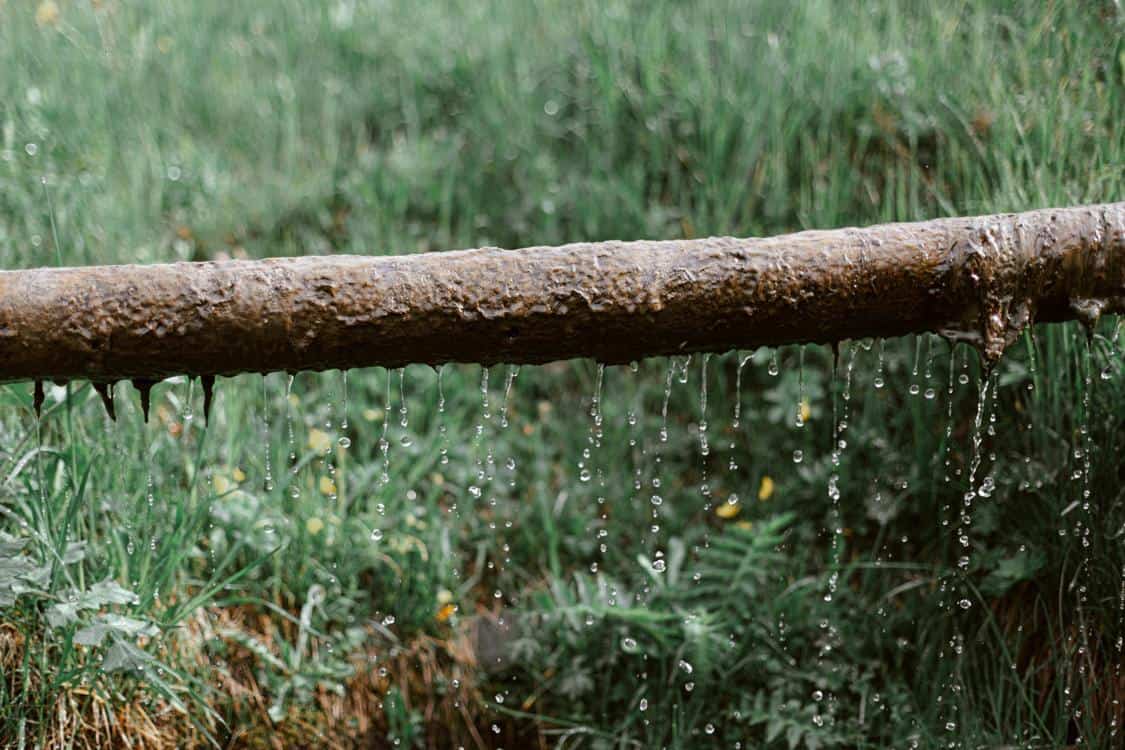Plumbing is an important part of your home and keeping it well maintained can help you avoid costly repairs. However, there are some common myths that can lead to bad habits or dangerous mistakes.
For example, putting lemon peels in the garbage disposal to freshen it up is a waste of time. They can clog the drain and damage your blades. Instead, use ice cubes to sharpen your disposal.
Drain cleaners are safe
The vast majority of drain cleaners sold in stores are filled with strong chemicals that destroy basically everything they touch, from hair that’s clogging the drain to the material of the pipe itself. These cleaners often cause the pipes to corrode, leaving holes that eventually lead to drain leaks and other serious plumbing problems. The liquid ingredients in these cleaners also can be dangerous to humans and pets if they come into contact with them, especially if they are exposed for extended periods of time.
Chemical drain cleaners use strong acids to create a chemical reaction with the clog that’s supposed to dissolve it and burn away any organic material. If the clog is too large or tightly packed, though, this reaction may only produce heat that damages the pipe. Moreover, the liquid ingredients in these cleaners can be a health risk for people who live in the house, as they can irritate eyes and skin. They can also be damaging to the environment if they seep into soil or groundwater and harm wildlife and plants.
A reputable plumber will be able to safely remove even the most stubborn blockages without using harmful chemicals or invasive techniques that could damage your home and property. In the meantime, you can try plunging your clogged drain or trying the baking soda vinegar approach (which may require some additional elbow grease).
A slow-draining sink is just one of many signs that there’s something wrong with your plumbing system. To prevent a major problem from developing, watch what goes down your drains and never flush anything other than toilet paper, trash, or medical waste. You should also regularly clean out your garbage disposal to keep it working properly, and invest in a drain guard to prevent items from getting stuck inside. Also, be sure to schedule annual plumbing inspections to spot any potential problems before they turn into major issues.
Leaky faucets aren’t a big deal
A dripping faucet here, a slow drain there — many homeowners think these minor plumbing problems are no big deal and won’t call a plumber, especially skilled ones like Lubbock plumbers. However, when these issues aren’t addressed in a timely manner, they can grow into much bigger problems that can cause costly water damage. And some of these issues can even put your home at risk for mold and bacteria.
For example, a leaky sink or faucet may seem harmless but the little plip, plop sound can waste gallons of water each day. This adds up to huge bills and wastes natural resources. In addition, dripping faucets can also cause water damage to your house’s fixtures and create breeding grounds for insects that carry disease.
Some people also make the mistake of thinking a leaky toilet is no big deal because it’s “only a few drops”. But this drip, drip, drip can add up to thousands of gallons per year that could be going down the drain instead of into your house. And a leaky toilet could cause water damage to your floors, walls and even your foundation.
Other plumbing myths include the belief that a gurgling and bubbling water heater is ready to explode or that throwing down a handful of baking soda and vinegar will solve a drain blockage. These remedies can temporarily fix a clogged drain or water flow but won’t remove all types of clogs and could actually damage your pipes and cause more problems in the future.
Other plumbing myths include the use of chemical drain cleaners, which aren’t always safe or effective. Some of these chemicals can damage or corrode pipes, especially older copper ones. They can also be dangerous to your family’s health and can eat away at the inside of your pipes, causing cracks and leaks. Taking a few simple steps, like having regular plumbing inspections and avoiding common mistakes, can keep your home’s plumbing system running well for years to come. Call us today to learn more about our comprehensive plumbing services and schedule your next appointment.
You can fix a leaky faucet

The constant plop-plop of a leaky faucet can drive any homeowner crazy. The good news is that it’s a simple fix – especially if you catch it before it gets out of hand. According to the EPA, household leaks waste more than 1 trillion gallons of water annually. This not only increases your water bill, but it also causes water damage to sinks, plumbing fixtures and the surrounding area. If you can’t repair your leaky faucet right away, it’s best to turn off the water supply valves under the sink or the master shut-off valve for your entire house.
Often, the cause of a leaking faucet is a worn-out washer or O-ring. Using the correct replacement part can fix the problem, and it’s usually not too expensive to do so at your local hardware store. However, sometimes the underlying issue is more severe, such as corrosion or improper faucet installation. This may require a professional plumber to diagnose and resolve the problem.
To avoid these problems, it’s a good idea to regularly clean your drains and fixtures with a mild cleanser or vinegar to prevent mineral and grime buildup. Harsh chemical cleaners, on the other hand, are bad for your health and the environment, and they can actually make your clogs worse. Using natural drain cleaning products like baking soda and vinegar is always the safest and most effective way to keep your pipes flowing properly.
Before you start working on a leaking faucet, be sure to place a bucket or container beneath the sink to catch any drips. It’s also a good idea to shut off the water supply valves under the sink, or for your entire home, depending on where it is located.
Once the water is turned off, remove the handles by unscrewing them from the base. This will give you access to the spout, and from there you can remove the cap (which should be labeled “H” for hot or “C” for cold) and the decorative cover to expose the screw underneath. You’ll then need to remove the spout cartridge, or ceramic disk if you have one, and replace any O-rings that may be worn out. This is where it can get a little tricky, but there are several YouTube videos to guide you through the process. Once the new parts are in, reassemble the faucet and test for any remaining leaks before turning the water back on.
Ice cubes sharpen garbage disposal blades
Garbage disposals are great for disposing of food scraps, but there are some things you should not put down them. Putting eggshells and onion skins down your disposal is bad for it because they have thin membranes that can wrap around the blades. They also can get loose and create a sticky blockage in the drain or impeller of the disposal. Potato peels are another thing to avoid, because they can get stringy and wind around the blades, causing them to get dull.
Many people think that throwing ice cubes down the garbage disposal will sharpen the blades, but it’s not true. It may seem that this will clean the disposal, but it really only scrapes away any residue or rust from the inside of the drain and the shredder ring. This does not actually sharpen the blades. A more effective way to clean your disposal is to use a handful of ice cubes and then run cold water through the disposal. This will knock off any residue and make the disposal run more efficiently.
It is a good idea to run cold water when you are using the disposal, and this helps keep the pipes from getting clogged with food residue. It’s also a good idea to periodically run a snake down the drain to clear out any food residue that may be building up.
Finally, avoiding commercial drain cleaners is a good idea because they can corrode the pipes and cause more damage than a clog does. If you do encounter a blocked drain, it’s best to call a professional plumber for help instead of trying to remove the clog yourself with a wire hanger. The professional plumber can use proper tools to clear even the most stubborn clogs without damaging the pipes. This will save you time and money in the long run. The plumber can also offer other helpful plumbing tips and recommendations to keep your home’s pipes in good condition. This will also prevent costly repairs and replacements down the line.




